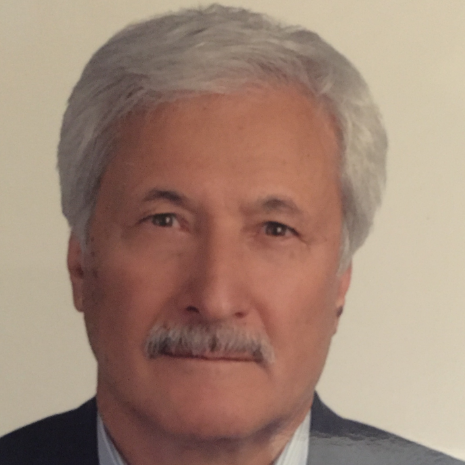
Mohammad Hadi Farahi
Work place: Department of Applied Mathematics, Faculty of Mathematical Sciences, Ferdowsi University of Mashhad, Mashhad, Iran & The Center of Excellence on Modelling and Control Systems (CEMCS), Mashhad, Iran
E-mail: Farahi@math.um.ac.ir
Website:
Research Interests: Process Control System, Combinatorial Optimization, Control Theory
Biography
Mohammad Hadi Farahi is a Professor at the Department of Applied Mathematics, School of Mathematics, Ferdowsi University of Mashhad, Iran. He obtained his B.S, M.Sc, and Ph.D. respectively from the Ferdowsi University of Mashhad, Iran in 1972, Brunel University, UK in 1978, and Leeds University, UK in 1996. He has published more than 100 technical paper in national and international journals, and also four textbooks. His scientific interests include optimal control, optimization, sliding mode control, bio-mathematics, ODE’s, PDE’s, and approximation techniques.
Author Articles
A Novel Method to Solve a Class of Non-local Diffusion Optimal Control Problems by using Bernstein Polynomials
By Ali Ketabdari Mohammad Hadi Farahi
DOI: https://doi.org/10.5815/ijisa.2020.03.05, Pub. Date: 8 Jun. 2020
The aim of this paper is solving optimal control problems governed by non-local diffusion equations via a mesh-less method. The diffusion equation and in particular, the heat conduction equation is essential in sciences. This equation appears in many fields, such as engineering, electrostatic, and mathematics. For solving the mentioned optimal control problems, the method is established upon expanding of variables by the basis of Bezier functions. We apply, for the first time, the Bernstein approximation in solving an optimal control problem governed by the diffusion equation. A direct algorithm is given for solving this problem. Bernstein polynomials expand the trajectories and control functions with unknown control points. Then the optimal control problem is converted to a mathematical programming problem. By solving the mathematical programming problem, the approximated solution of trajectories and control are driven. The convergence of the method in approximating of the optimal control problem is proved. Some numerical examples for demonstrating the effectiveness of the method are included.
[...] Read more.Other Articles
Subscribe to receive issue release notifications and newsletters from MECS Press journals